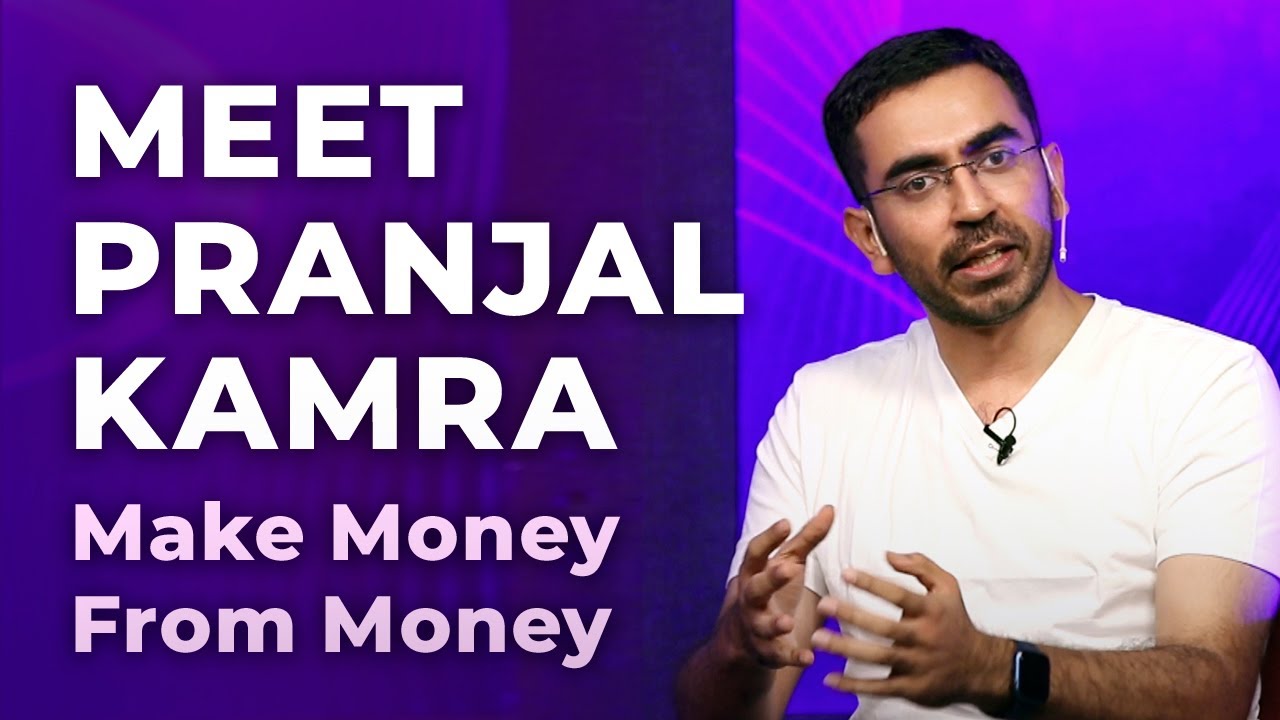MELHORES AÇÕES PARA LIBERDADE FINANCEIRA - LÉO GERAÇÃO DIVIDENDOS
Summary
TLDRThe video discusses investment strategies in the Brazilian stock market, particularly focusing on the value of long-term investments and the decision between accumulating shares or seeking dividends. The speaker shares insights on a company's potential payout after an indemnity, with a price target of R$ 7. They discuss how reinvesting or distributing the indemnity could both benefit long-term investors. The speaker highlights their preference for dividend distribution in Brazil, as it allows them to increase their position when stocks are undervalued, though they recognize that reinvestment could also lead to future growth.
Takeaways
- 😀 The speaker prefers a long-term, buy-and-hold investment strategy, focusing on accumulating shares rather than actively trading.
- 😀 Dividends are an important consideration for Brazilian investors, especially when stocks are undervalued.
- 😀 The speaker suggests that reinvesting compensation into the company could result in long-term stock appreciation, even if no dividends are paid immediately.
- 😀 The speaker has a target price of R$ 7 for a specific stock post-compensation and views this as a good investment opportunity.
- 😀 There's uncertainty about whether compensation from the company will be paid as dividends or reinvested into the company.
- 😀 For long-term investors, the distribution of compensation (either as dividends or reinvestment) might not make a huge difference, as the value will still appreciate over time.
- 😀 When stocks are undervalued in Brazil, it's often more beneficial to receive dividends, as they allow for the increase of one's position in the market.
- 😀 The speaker emphasizes the importance of timing, market conditions, and understanding company fundamentals in making investment decisions.
- 😀 Even if the compensation is reinvested into the company rather than paid out, the stock is likely to appreciate in value, making it a good investment in the long run.
- 😀 Investors should maintain a balanced perspective, acknowledging that different strategies (distribution vs. reinvestment) can still lead to similar long-term results.
Q & A
What is the main topic discussed in the transcript?
-The main topic is about investment strategies, particularly focusing on long-term investments in stocks and the potential impact of dividends and reinvestment on company value.
What is the speaker’s preference when it comes to investing in stocks?
-The speaker prefers accumulating shares (cotas) and holding them long-term, rather than frequently buying and selling stocks.
How does the speaker feel about dividends in relation to their investments?
-The speaker generally prefers dividends, as they provide an opportunity to increase their position in the company, especially if the stock is undervalued in the market.
What uncertainty does the speaker mention regarding the company’s indemnification?
-The speaker is uncertain whether the indemnification payment will be paid out as a dividend or reinvested back into the company.
What is the speaker’s target price for the stock after the indemnification?
-The speaker has a target price of R$ 7 per share after the indemnification payment.
How does the speaker view the potential for reinvesting the indemnification?
-The speaker believes that reinvesting the indemnification into the company would not be bad, as it would likely lead to an increase in the company’s value and the stock price.
How does the speaker differentiate between short-term and long-term investment approaches?
-The speaker prefers a long-term approach, focusing on accumulating shares and holding them over time, as opposed to actively buying and selling stocks for short-term gains.
What impact does the speaker think dividends or reinvestment will have on long-term investors?
-For long-term investors, it may not matter whether the indemnification is paid as dividends or reinvested, as both scenarios would likely contribute to the increase in the company’s value and stock price.
Why does the speaker think dividends could be more beneficial in Brazil?
-The speaker thinks dividends are more beneficial in Brazil because they allow for increasing the position in the company, especially when the stock is often undervalued.
What does the speaker imply about the company’s value in the future?
-The speaker implies that the company's value will likely increase over time, whether the indemnification is paid out as dividends or reinvested back into the business.
Outlines

This section is available to paid users only. Please upgrade to access this part.
Upgrade NowMindmap

This section is available to paid users only. Please upgrade to access this part.
Upgrade NowKeywords

This section is available to paid users only. Please upgrade to access this part.
Upgrade NowHighlights

This section is available to paid users only. Please upgrade to access this part.
Upgrade NowTranscripts

This section is available to paid users only. Please upgrade to access this part.
Upgrade NowBrowse More Related Video
5.0 / 5 (0 votes)





